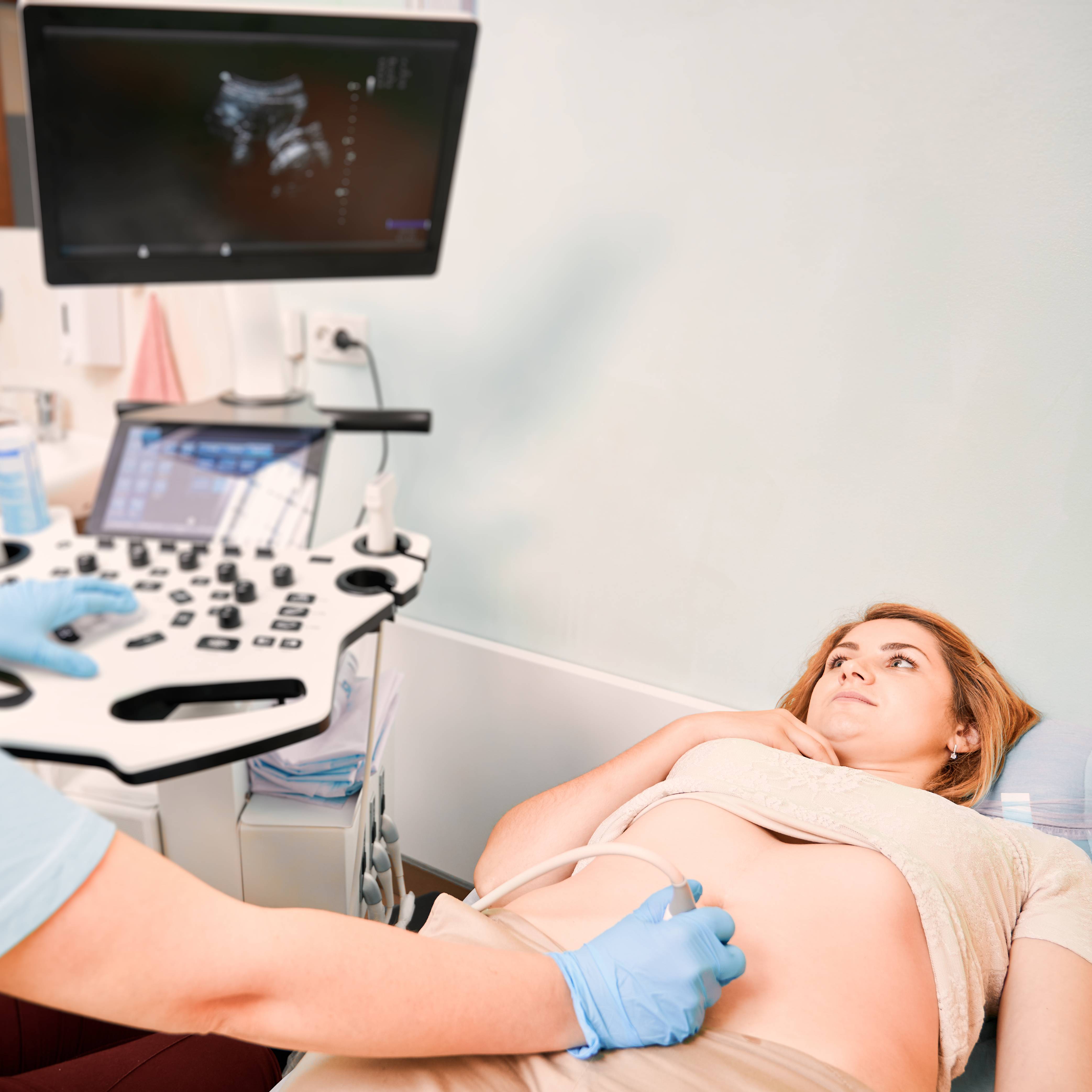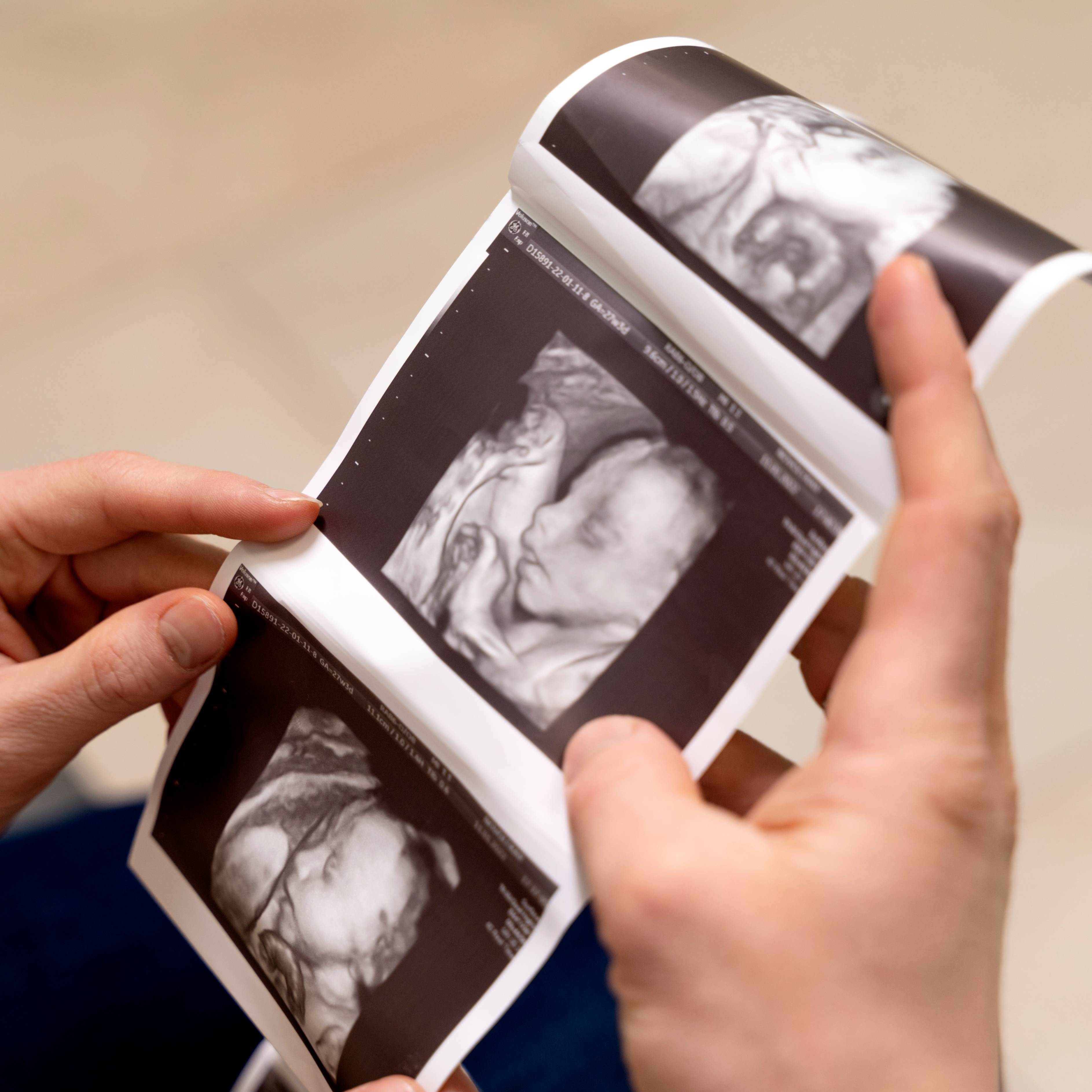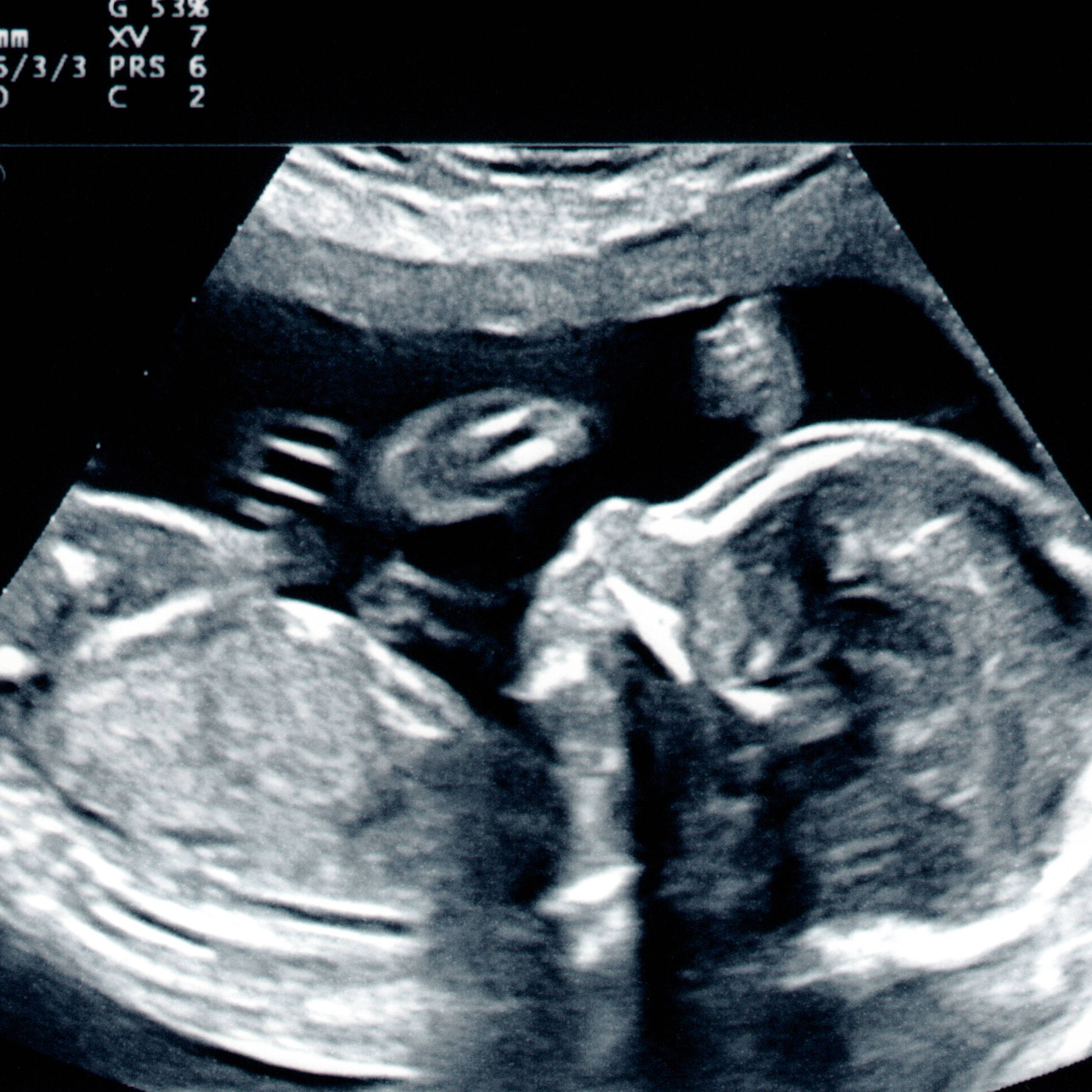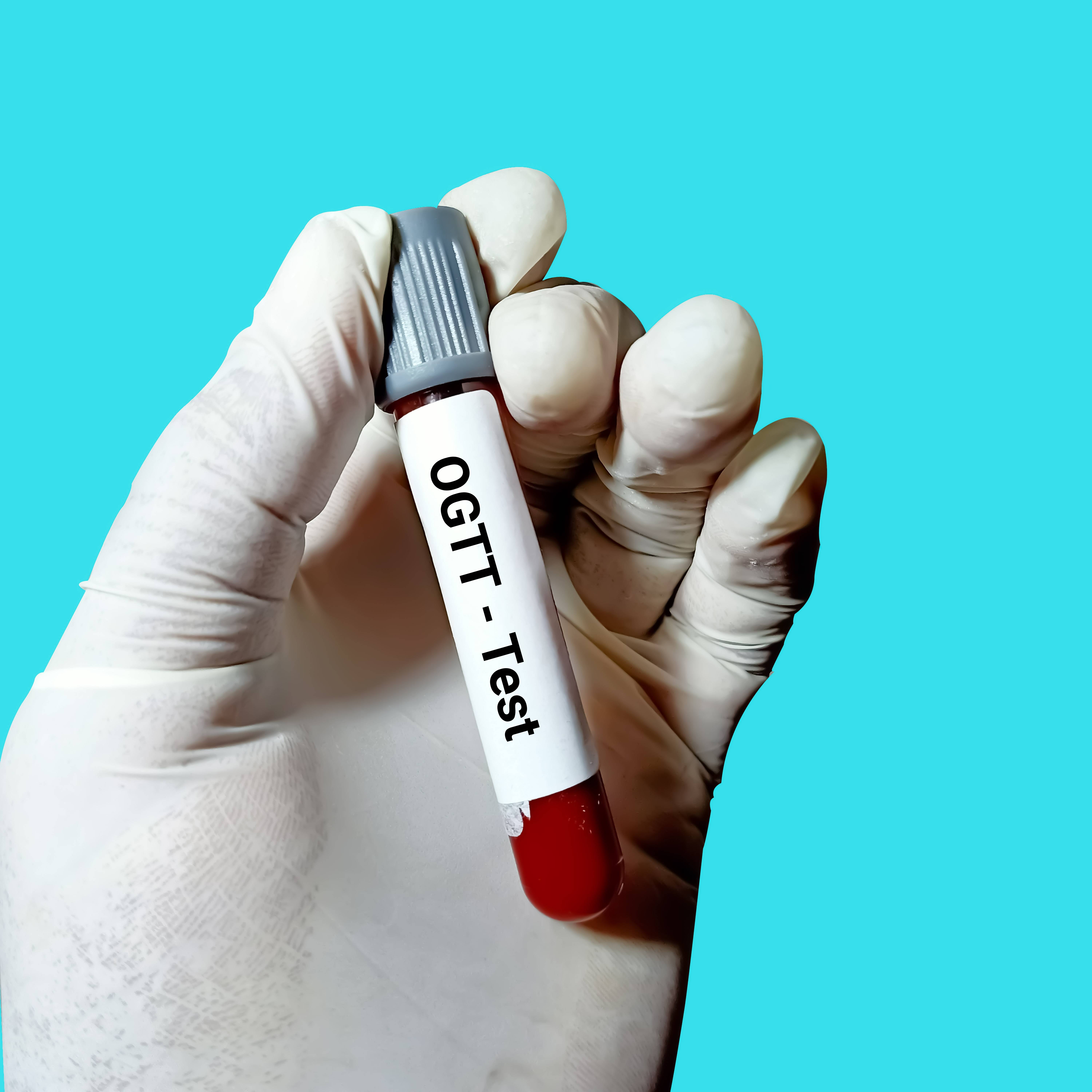
Confirmation Scan
The Confirmation Scan is an early pregnancy ultrasound used to confirm the presence of a viable pregnancy. This initial scan helps verify the pregnancy's location, detect the heartbeat, and estimate the gestational age. It provides crucial early information and reassurance to expectant parents.
Growth Scan
A Growth Scan is an ultrasound performed later in pregnancy to monitor the baby’s growth and development. This scan assesses fetal size, amniotic fluid levels, and placenta positioning, ensuring that the baby is developing properly and helping identify any potential issues early.
Recommended frequency:
Detailed Scan
Detailed Scan, also known as the Anatomy Scan or Level 2 Ultrasound, provides a thorough examination of the baby’s anatomy. This scan evaluates the baby’s organs, limbs, and overall development. It helps detect any anatomical anomalies earlier on and helps mothers and doctors to anticipate further potential issues with pregnancy and the child’s health.
Recommended: to be done between 21-24 weeks of pregnancy..jpg)
3D/4D Scan
Our 3D/4D Scan offers a more detailed and immersive view of your child. The 3D scan provides three-dimensional images, while the 4D scan adds real-time movement, allowing parents to see their baby’s expressions and movements. This adds a more personal experience for parents to start bonding with their child.
Recommended: to be done between 27-32 weeks of pregnancy.Pregnancy investigations

NICC/NIPT Test
NICC, also known as the NIPT (non-invasive prenatal testing), is the preferred method to determine the risk of fetus to be born with genetic abnormalities. With up to 99% accuracy for certain genetic abnormalities, this test does not require mothers to undergo amniocentesis which may potentially harm both mother and baby. Early detection can prepare future parents for the challenges ahead.
Recommended: to be done as early as 12 weeks of pregnancy, earliest 10 weeks.
MOGTT Screening (Modified Oral Glucose Tolerance Test)
Used as a screening tool for Gestational Diabetes Mellitus (GDM). Early detection of GDM ensures maternal and fetal safety throughout the pregnancy. Early detection and treatment of GDM can prevent complicated deliveries, lower the rate of Caesarean sections, and lower the risk of pre-eclampsia during pregnancy.
Recommended: early in pregnancy and if negative, between 24-28 weeks of pregnancy._(1)(1).jpg)
GBS Swab Screening
Group B Streptococcus (GBS) Swab Screening involves taking a swab from the vaginal canal to test for GBS bacteria. Early detection allows for early treatment, reducing the risk of infection for both the mother and the baby that may complicate delivery and threaten the baby's health.
Recommended: to be done whenever there are abnormal vaginal discharge or between 35-37 weeks pregnancy.Pregnancy Vaccinations

Influenza Vaccine
The Influenza Vaccine is recommended during pregnancy to protect against the flu. Pregnant women are at a higher risk of complications from influenza, and the vaccine helps prevent the flu and its potential impact on both mother and baby.
Recommended: to be given at any stage of pregnancy. (We recommend after 12 weeks of pregnancy)
TDAP Vaccination
The TDAP vaccination protects against three diseases: tetanus, diphtheria, and pertussis (whooping cough). Administered during pregnancy, this vaccine helps protect both the mother and newborn from these potentially serious infections, giving you and your child greater reassurance and protection from potential issues in the future.
Recommended: To be done between 27-36 weeks of pregnancy.
 Malaysia
Malaysia